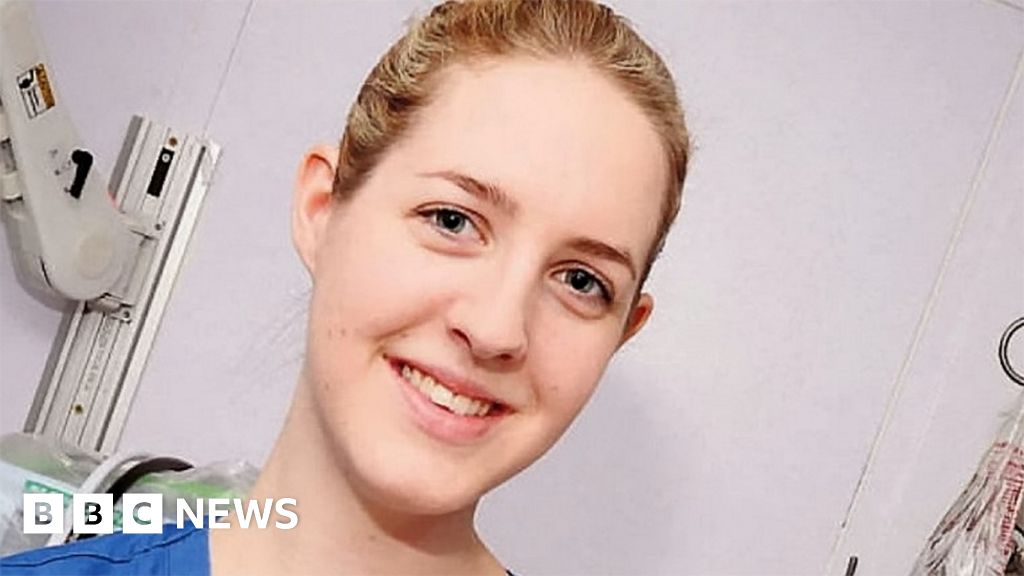@marynnu, this question is for you. When we have a baby on insulin, we don't usually routinely send c-peptide. However, when we have a baby who has chronic/intractable hypoglycemia, we'll often send a whole panel of blood tests, which I believe includes c-peptide. The intention is not that our neonatologists will interpret it immediately, but that it will be later read by the endocrinologist. It's not sent as an acute test to solve the hypoglycemia. The treatment for acute hypoglycemia remains the same. For babies with chronic/recurrent hypoglycemia due to hyperinsulinemia, the endocrinologist sometimes treats with diazoxide. Our unit doctors don't do any of this. I'm just wondering - in your opinion - if it might be similar in the NHS.

